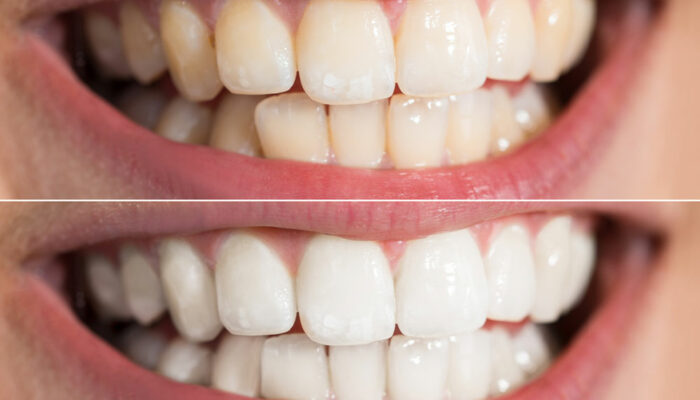
Diagnosis and Treatment of Nasal Polyps
A nasal polyp is a soft, noncancerous growth found inside the nose. Usually, they do not pose any threat. However, if the polyps grow in size or number, they can cause nasal congestion, which can be extremely discomforting. Blocked and runny nose, snoring, and in some cases, even nose bleeds can be experienced by patients. So, getting the condition diagnosis and treatment for nasal polyp is important. Here’s what you need to know.
Diagnosis for nasal polyps
Nasal polyps are usually diagnosed after the doctor asks you about your symptoms, gives you a general examination, and examines your nose. The doctor can see a nasal polyp simply using a lighted instrument. The doctor can order some other diagnostic tests that include the following:
1. Nasal Endoscopy
This is a diagnostic procedure in which an endoscope, a thin tube with a magnifying glass or a tiny camera, is inserted inside the nose. This allows the doctor to examine the nose and the sinuses in detail.
2. Imaging tests
Tests such as computerized tomography or CT can give the doctor images of the inner areas of the nose for better diagnosis. These images allow the doctor to see the location and the size of the polyps in the nose. These images also let the doctor check the severity of the inflammation and swelling in the nose caused due to the polyps.
3. Allergy tests
In some cases, allergies can be leading to chronic inflammation. To check for these allergies, your doctor can ask for a skin prick test. This is test is performed by pricking small drops of allergens into the upper back or forearm skin. Signs of an allergic reaction are then observed. In some cases where allergy tests cannot be performed, the doctor can ask for a blood test to look for specific antibodies which are formed as a reaction to various allergens.
Treatment options for nasal polyps
The treatment plan for nasal polyps will be a long one and will focus on managing the symptoms and contributing factors such as allergies which can lead to inflammation. The different treatments for nasal polyps include:
1. Medicines
The primary treatment plan for nasal polyps is always medicines. These medicines focus on reducing the size of the polyps or making them disappear. The various drugs used in the treatment are nasal corticosteroids, a medication used for treating chronic sinusitis, and corticosteroids that can be taken orally or intravenously.
2. Surgery
There can be cases where the medicines do not work, and nasal polyps do not disappear or shrink in size. In such cases, endoscopic surgery can be ordered by the doctor. The surgery will focus on removing the polyps and rectifying any problems with the sinuses, putting them at risk of inflammation and nasal polyps.



